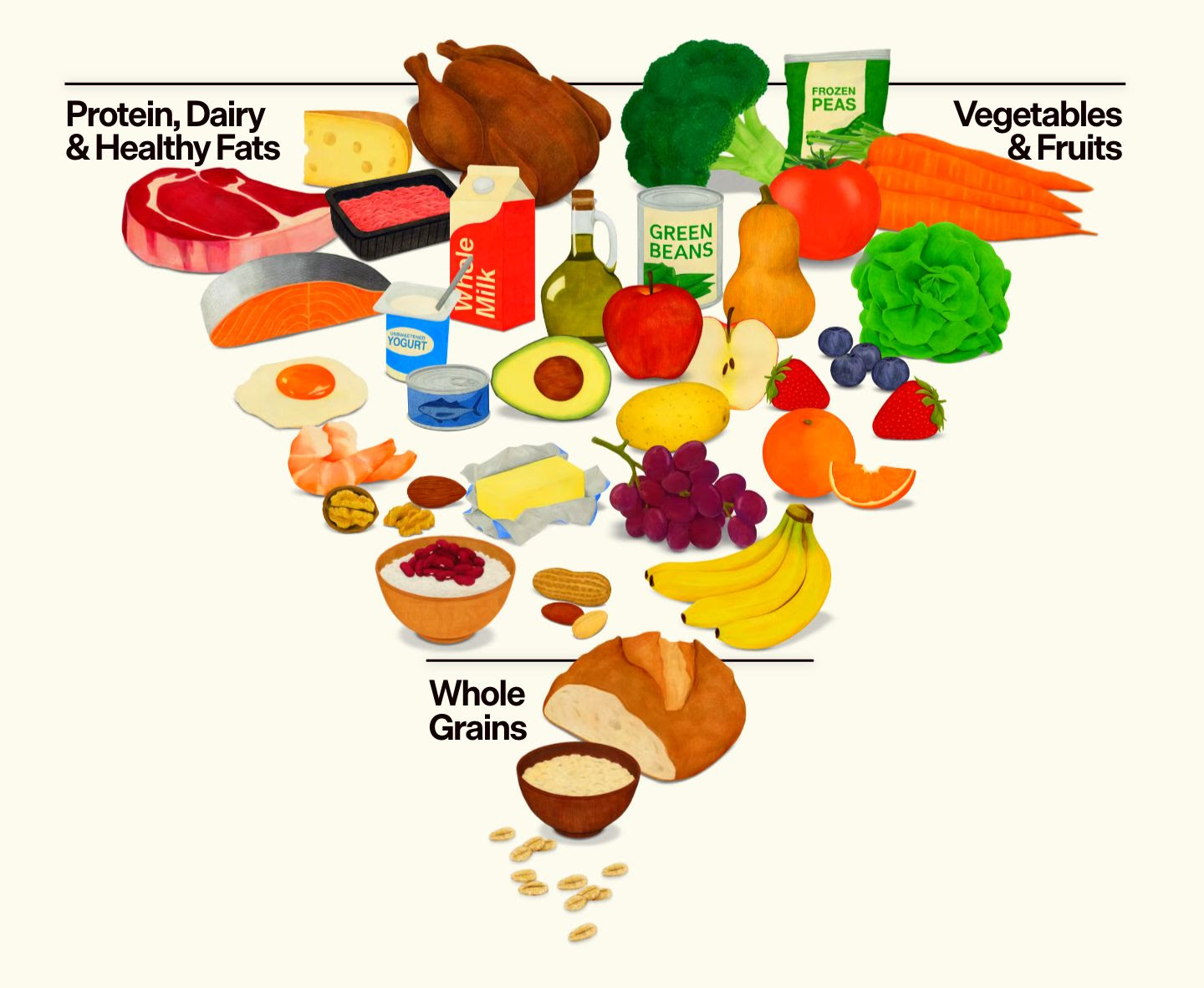In a clever new study, researchers at University College Dublin put together 7 European mother-offspring birth study groups, and applied measurements of inflammation to the diets of mothers to see how it affected the body size and fat mass of children during childhood.
The study comes at a time when childhood obesity rates are happening at epidemic levels, and offers insight into the effects of eating in different ways during such a critical period in development.
16,295 mother-child pairs were examined from different study cohorts in the countries of the UK, Ireland, France, Poland, and The Netherlands. The mothers averaged 30 years of age and had normal body-mass indexes.
“Previous research has suggested that lower maternal carbohydrate intake in early pregnancy can induce epigenetic changes – that is changes which alter gene expression – in children that may be associated with an increased risk of obesity,” said Catherine Phillips, the principal investigator and coordinator of the project.
“We propose that a lower quality maternal diet, high in inflammation-associated foods, may similarly induce epigenetic changes and that this may increase the risk of children having obesity or excess body fat in later childhood”.
The food content of the mothers’ diets were analyzed by an index used by scientists to measure the inflammatory nature of foods, and features both macronutrients, and micronutrients like vitamins, minerals, and phytonutrients. The mothers’ eating habits were measured as early, middle, and late stages in their pregnancies, and the entire 9 months as a separate metric.
They are what you eat
While the study was purely observational, in other words, not the gold standard, the results were striking, and stood up to several “sensitivity analyses” separate methods of re-running data to see if it’s subject to variation.
More inflammatory diets in the first 3 months of pregnancy were associated with higher rates of obesity during late-childhood (around 10-years old), whereas if the poor diet was observed in the last 3 months of pregnancy, it was associated inversely with a early-stage (around 2.5 years-old) risk of obesity.
The researchers also found that children born to mothers who ate diets high in foods associated with inflammation throughout the entire pregnancy tended to have lower levels of muscle mass in late-childhood than those whose mothers ate diets low in inflammation-associated foods.
Previous research, note the authors, has found that low levels of muscle mass may be associated with a higher risk of combined diabetes, high blood pressure and obesity.
This effect was found to be stronger in boys than in girls, while mothers to baby girls may note an association between a lower quality maternal diet, high in inflammation-associated foods, and higher body fat levels in mid-childhood was stronger in girls than in boys.
What is inflammation and why is it important?
Inflammation is created in tissues by a response from the immune system. It conducts pathogen elimination and wound healing, but can also lead to and exacerbate diseases.
It’s been proven that macronutrients, taken in different amounts by different people, can cause or ameliorate inflammation in different places; for example in this study where low-fat and low-carb diets were compared for their ability to reduce free circulating fatty acids.
As understanding of inflammation’s role in chronic pathologies like cardiovascular disease or type-2 diabetes has advanced, every macronutrient has drawn skepticism as a driver of inflammation. Indeed, the very index used in the maternal diet study of which this report is based, identifies all three macronutrients and their constituents as inflammatory.
Modern diets, often typified by high levels of all macronutrients, have created what researchers at Cambridge described in one broad-review as “systemic, chronic, but low-grade inflammation,” and which they and many others suggest led to the rise in prevalence of chronic disease worldwide.
One of the maternal study’s drawbacks is that while the results were adjusted for all manner of criteria such as race, income bracket, and alcohol and cigarette use during pregnancy, there was no inclusion of data on exercise, which reduces this low-grade, systemic inflammation, seemingly regardless of diet.
Red meat, long publicized as something which one should avoid, and which the study authors suggest avoiding, was found to carry no additional risk of mortality in a meta-analysis all acceptable double-blind placebo controlled trials on red meat, while the low-fat study mentioned above demonstrates that low-carb diets are better at curbing inflammation that low-fat diets.
As the Cambridge study suggests, exercise is key to the puzzle of reducing inflammation, as it doesn’t involve the avoidance of eating anything, but rather reduces the production of pro-inflammatory cells to begin with.
Continue exploring this topic — New Meta-Analysis Shows “No Health Benefit” To Reducing Red Meat Consumption
Continue exploring this topic — US to Let Artificial Intelligence Determine Dietary Recommendations After Gargantuan 10-Year Nutrition Study




